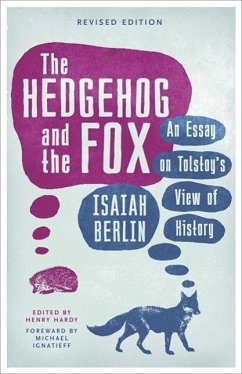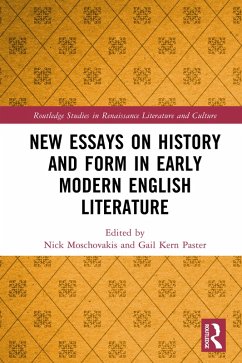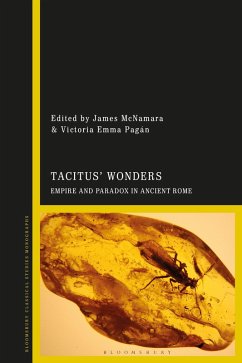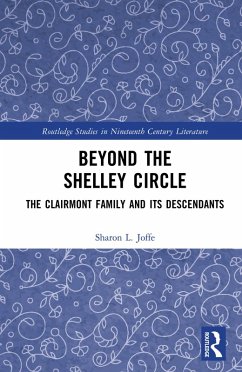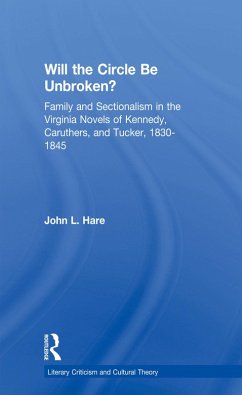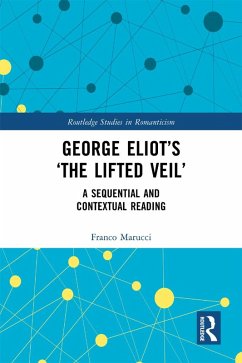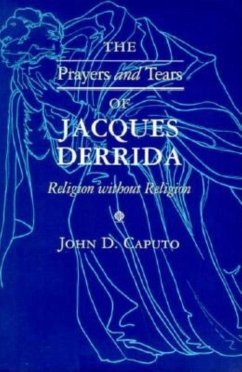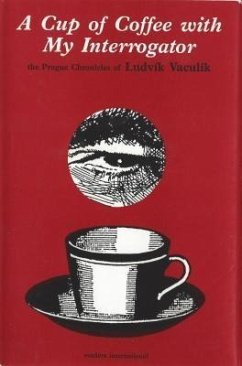
The Prague Circle (eBook, ePUB)
Franz Kafka, Egon Erwin Kisch, Max Brod, Franz Werfel, Paul Kornfeld, and Their Legacies
Versandkostenfrei!
Sofort per Download lieferbar
82,95 €
inkl. MwSt.
Weitere Ausgaben:

PAYBACK Punkte
41 °P sammeln!
A group of mostly Jewish German-speaking writers, the Prague Circle included some of the most significant figures in modern Western literature. Its core members, Franz Kafka, Max Brod, Franz Werfel, Paul Kornfeld, and Egon Erwin Kisch, are renowned for their seminal dramas, lyric poetry, novels, short stories, and essays on aesthetics. The writers of the Prague Circle were bound together not by a common perspective or a particular ideology, but by shared experiences and interests. From their vantage point in the Bohemian capital during the early decades of the twentieth century, they witnessed...
A group of mostly Jewish German-speaking writers, the Prague Circle included some of the most significant figures in modern Western literature. Its core members, Franz Kafka, Max Brod, Franz Werfel, Paul Kornfeld, and Egon Erwin Kisch, are renowned for their seminal dramas, lyric poetry, novels, short stories, and essays on aesthetics. The writers of the Prague Circle were bound together not by a common perspective or a particular ideology, but by shared experiences and interests. From their vantage point in the Bohemian capital during the early decades of the twentieth century, they witnessed first-hand the collapse of the familiar and predictable, if not entirely comfortable, monarchical old order and the ascent of an anxious and uncertain modern era that led inexorably to fascism, militarization, and war. In order to deal with their new challenges, they considered strategies as diverse and oppositional as the members of the Prague Circle themselves. Their responses were shaped to various degrees by Catholicism, Zionism, expressionism, activism, anti-activism, international solidarity with the working class, and transcendence. Stephen Shearier explores how these authors aligned themselves on the spectrum of the Activism Debate, which preceded the much studied Expressionist Debate by a generation. This study examines the critical reception of these influential literary figures to determine how their legacies have been shaped.
Dieser Download kann aus rechtlichen Gründen nur mit Rechnungsadresse in A, D ausgeliefert werden.




